Scientifically speaking, Precision Agriculture is an advanced and optimized field-level management strategy that aims to enhance productivity, reduce manual labor & time, and assure the efficiency of fertilizer & irrigation systems using high technology sensor and analysis tools. Too technical?
In simple terms, it means the precise application of agricultural inputs to soil, weather, and crop needed to improve productivity, quality, and profitability in agriculture.
Precision agriculture is a modern practice that involves technology like remote sensing, GPS, and Geographical Information Systems (GIS) for better efficiency. Now let’s look at some of its benefits!
- Prevents soil degradation in farmable land leading to maintained farm development
- Reduces excessive chemical usage & efficient utilization of water resources
- Easy surveillance of fields with GPS
- Mapping of soil characteristics and the yield
- Collection of data about farm practices to improve the quality, quantity, and reduced cost of production
- Minimize the risk to the environment by optimizing agrochemical products
- Unorganized fields can be further divided into smaller plots depending on their unique necessities
Conclusion
Active social & economic changes such as commercial growth, urbanization, and energy consumption are creating new opportunities for precision farming in India to emerge. Today’s farmers have access to so much data that could then be used to predict the best time to plant, anticipate the outbreaks of pests and diseases, and offer in-field inventory management that could provide yield estimations before harvest. One such feature is ‘agriBhumi’ by Agribazaar, coming up in near future, that will help farmers connect with pre-harvest technology for a better output, quantitatively & qualitatively.

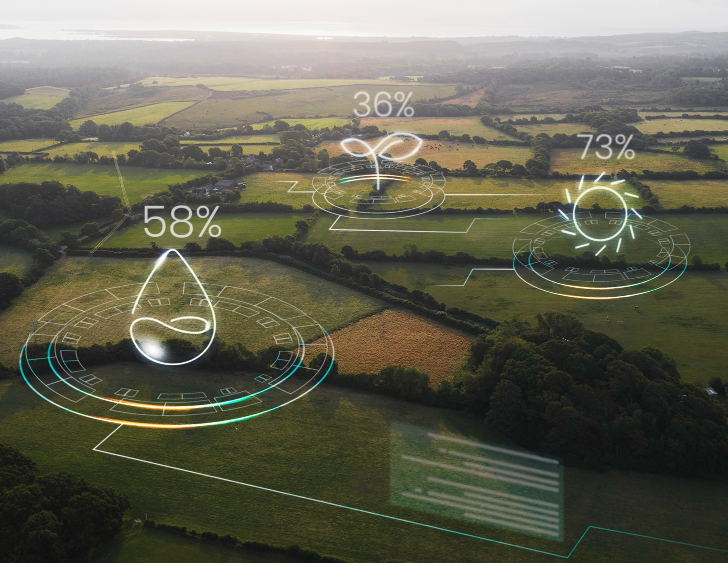
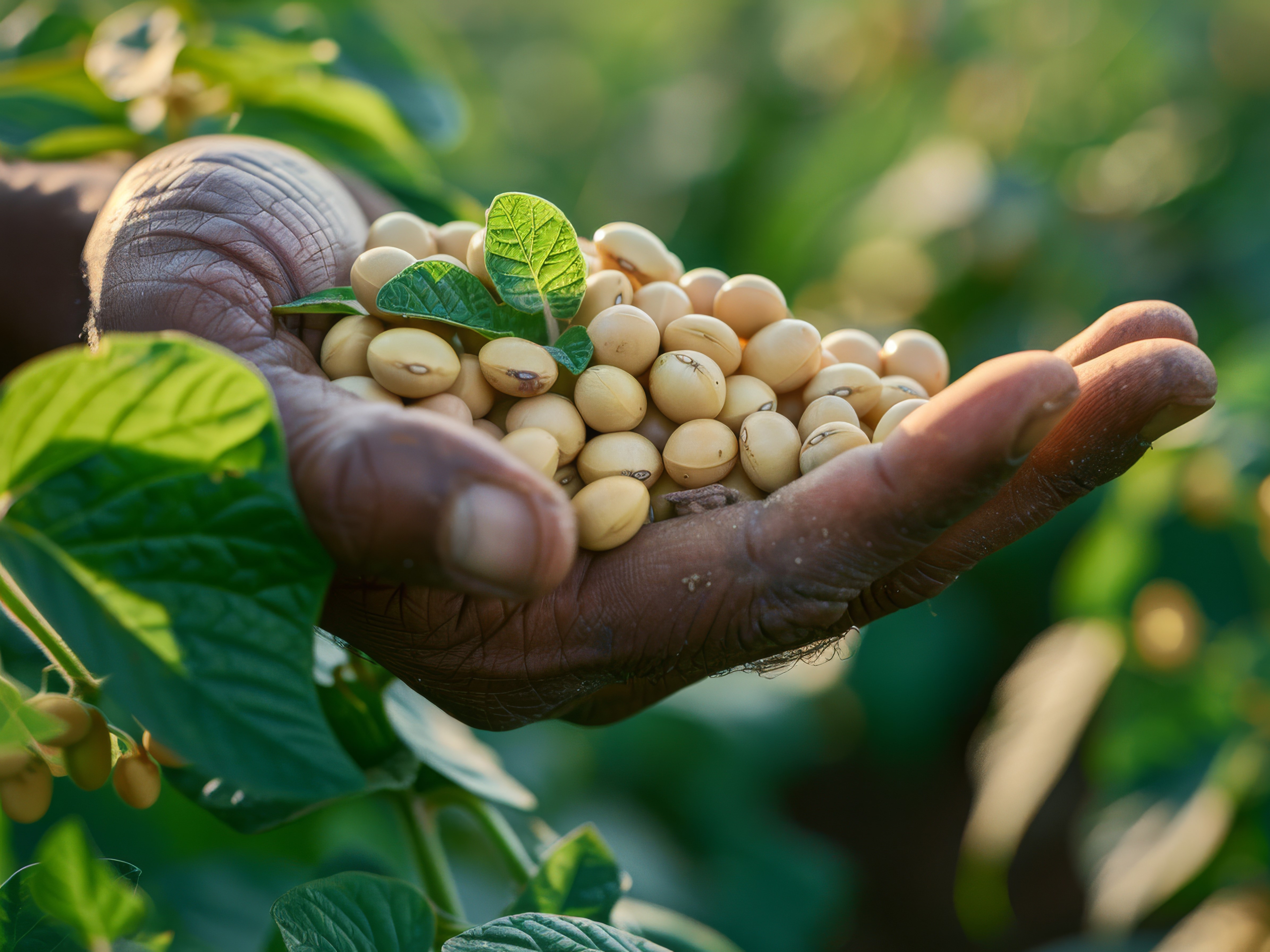

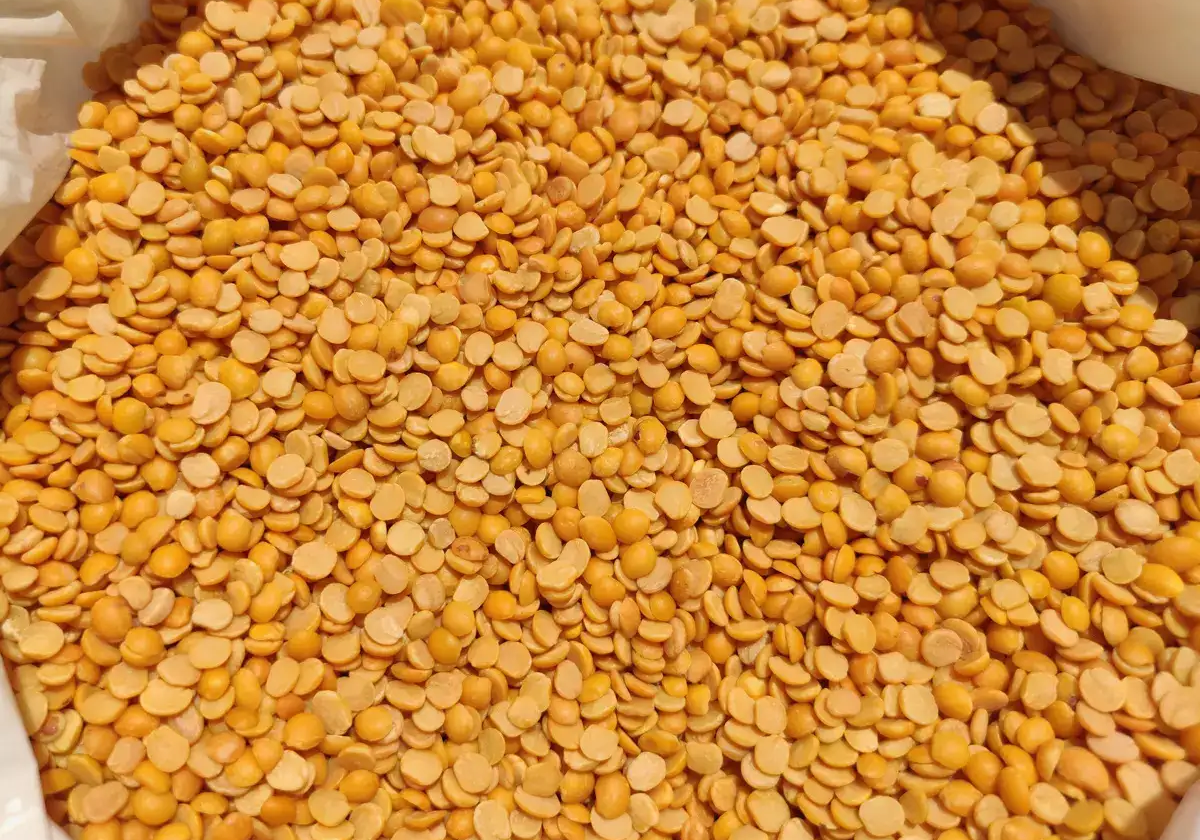

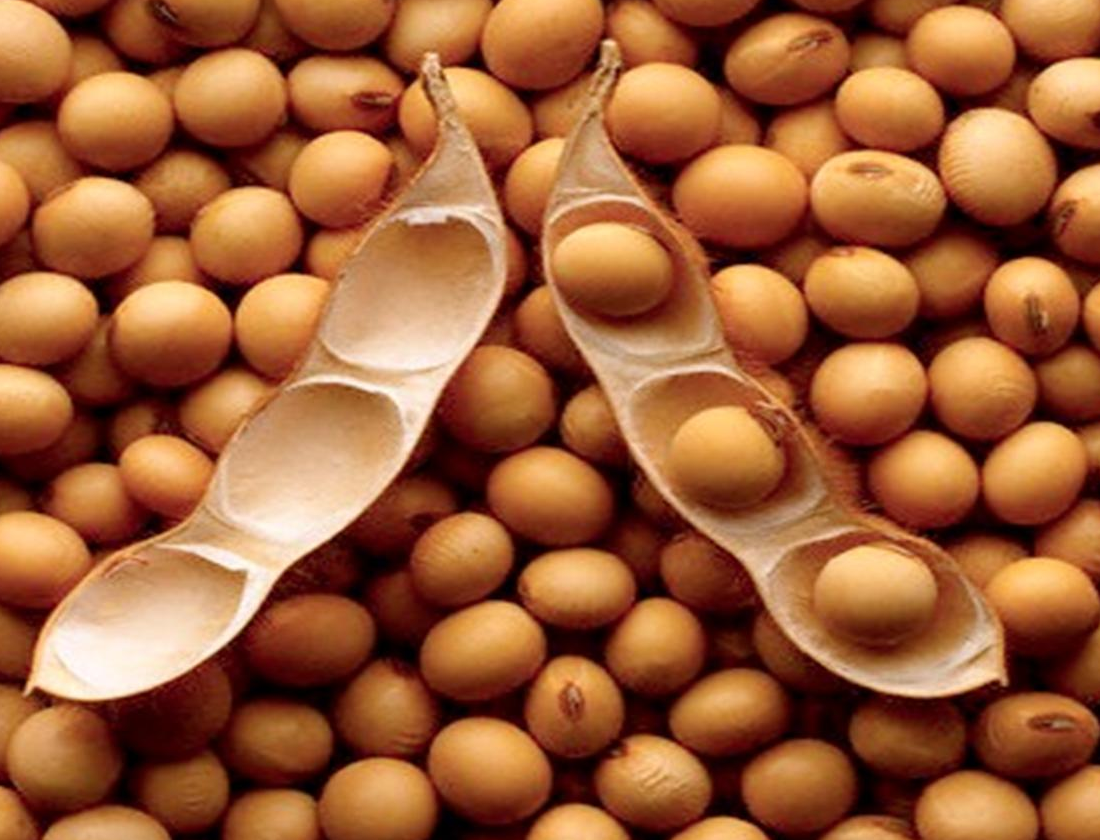
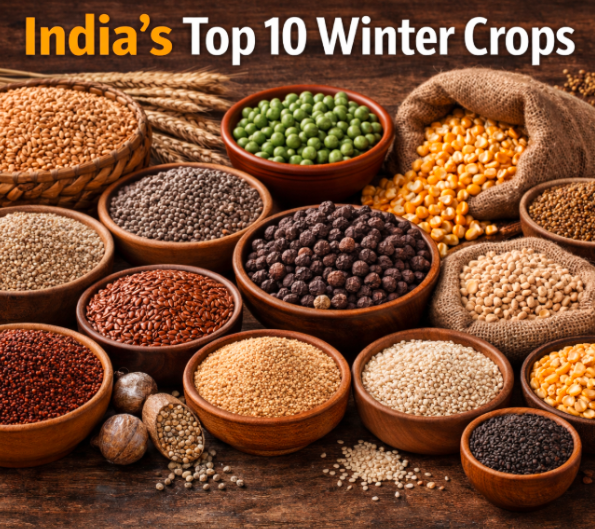
 Connect With Us
Connect With Us